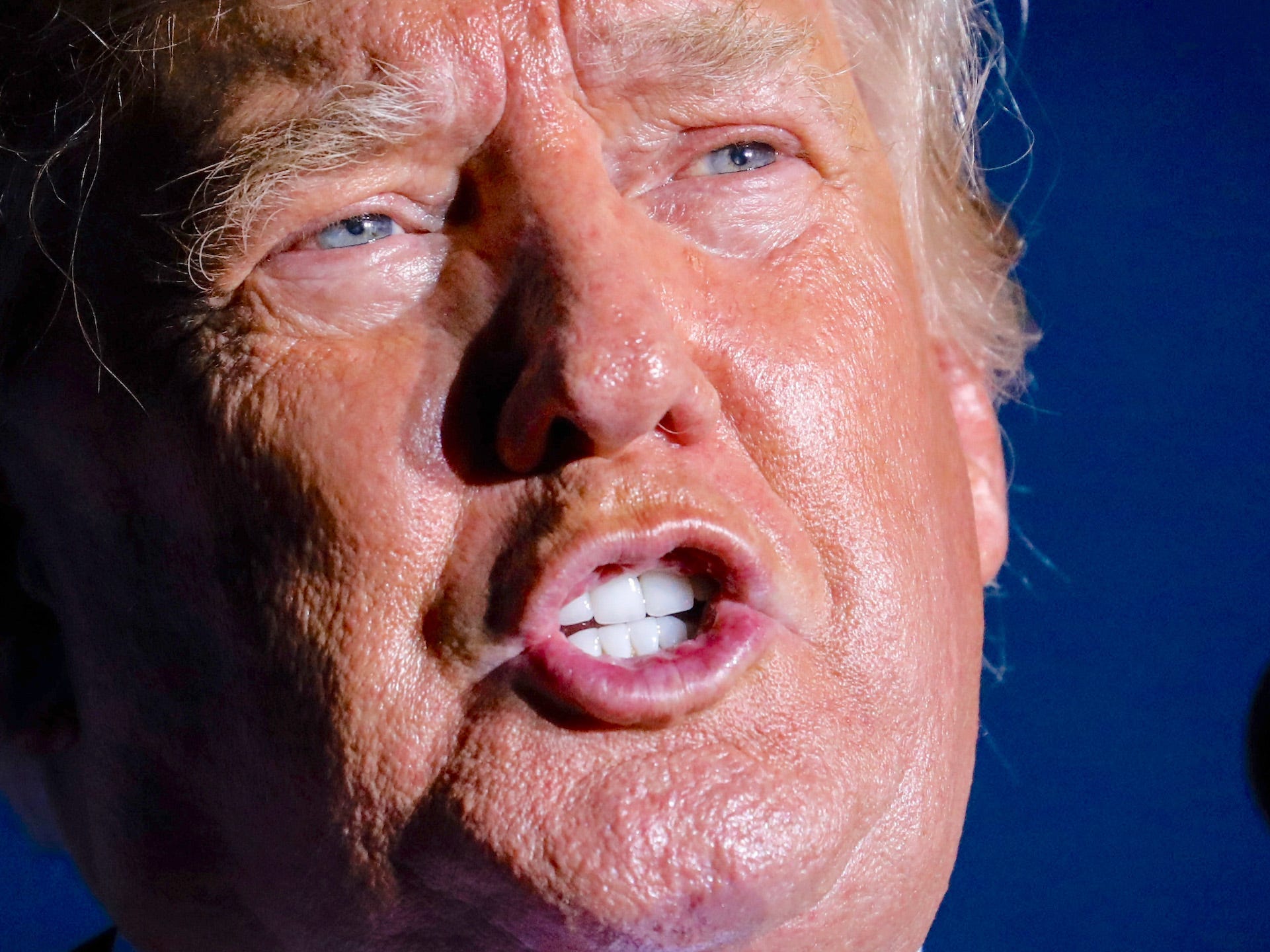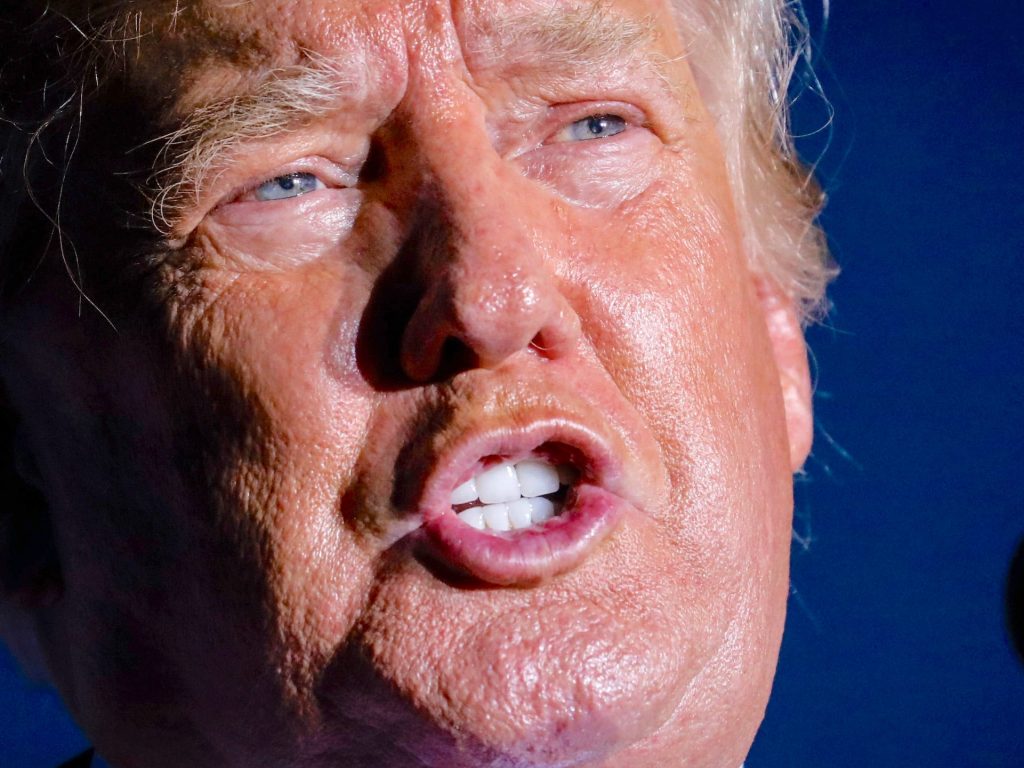
Getty
- Trump remains banned from Twitter permanently and from Facebook until at least January 2023.
- Even if he never regains access, experts say he won't need the platforms to win the presidency.
- There's been growing speculation that the former President will run for office in the next election.
Former President Donald Trump remains banned from Twitter and Facebook.
Those megaphones were useful for him during his presidency, but he won't have them in the years running up to 2024, when he is speculated to run for office again (Twitter has banned him permanently, and Facebook has until at least January 2023.)
But experts told Insider that he "absolutely" does not need them to win in such a hypothetical scenario.
That's because of a few reasons: his "loyal soldiers" and critics alike already have already made up their minds about him, so reaching vast swaths of people through mainstream social sites wouldn't necessarily persuade them either way.
Experts also agreed that the right-wing media ecosystem is sufficient enough for him to get his message across anyway.
"Trump doesn't have to tweet something or post something on Facebook to effectively use both platforms as the conveyance belt to frame the discussion and the narrative about whatever stupidity of the moment has come out of his mouth," Steve Schmidt, a GOP strategist and a co-founder of the anti-Trump Lincoln Project, told Insider.
The bans will be fodder for Trump's 'grievance campaign'
Trump may have had a direct line to millions of people via Twitter and Facebook during his presidency, but Jesse Ferguson - a Democratic political strategist and former press secretary for then-presidential candidate Hillary Clinton's campaign in 2016 - told Insider that platforms like Twitter were more about self-reinforcement for Trump rather than part of a communication strategy.
"Donald Trump tweets things because he needs people to press like and retweet as if it's affirmation for him," Ferguson said.
The only thing that would make Twitter and Facebook crucial for him is if he wanted to change his views, which were very "polarizing" during his time in office," Chris Larimer, a political science professor at the University of Northern Iowa, told Insider.
If anything, Twitter and Facebook's suspensions of him will continue to be major talking points for Trump's "grievance campaign," The Lincoln Project's Schmidt called it. Many conservatives have accused platforms of censoring them and serving a liberal agenda, a political marketing tactic that has proven to be effective, experts previously told Insider.
"Donald Trump would wave around a lug wrench and it'll rile up his base," Ferguson said. "He'll use almost anything."
Just because Trump is banned, however, doesn't mean that groups supporting him can't run ads promoting him as a candidate on Facebook. The former President's political group "Team Trump" was running ads despite the ban in June.
Facebook's ban is on Trump as an individual, not a movement. Facebook did not immediately respond to questions about how it may enforce any grey area between the two between now and any future elections.
And Schmidt agreed that the company likely wouldn't ban ads from pro-Trump groups since Facebook's ad business generates a sizable profit for the firm.
"There's no chance that any of these companies will ban groups from being able to advertise on their platforms and survive the encounter," Schmidt said.
And despite his inaccessibility to mainstream social sites, he still has right-wing media outlets to circulate the "decentralized" Trump rhetoric, he added.
"The right-wing media ecosystem is vast and sophisticated, and anyone who thinks it's top-down in that it's initiated with a Trump tweet and then propagates and spreads from that position just doesn't understand how information moves," Schmidt said.

